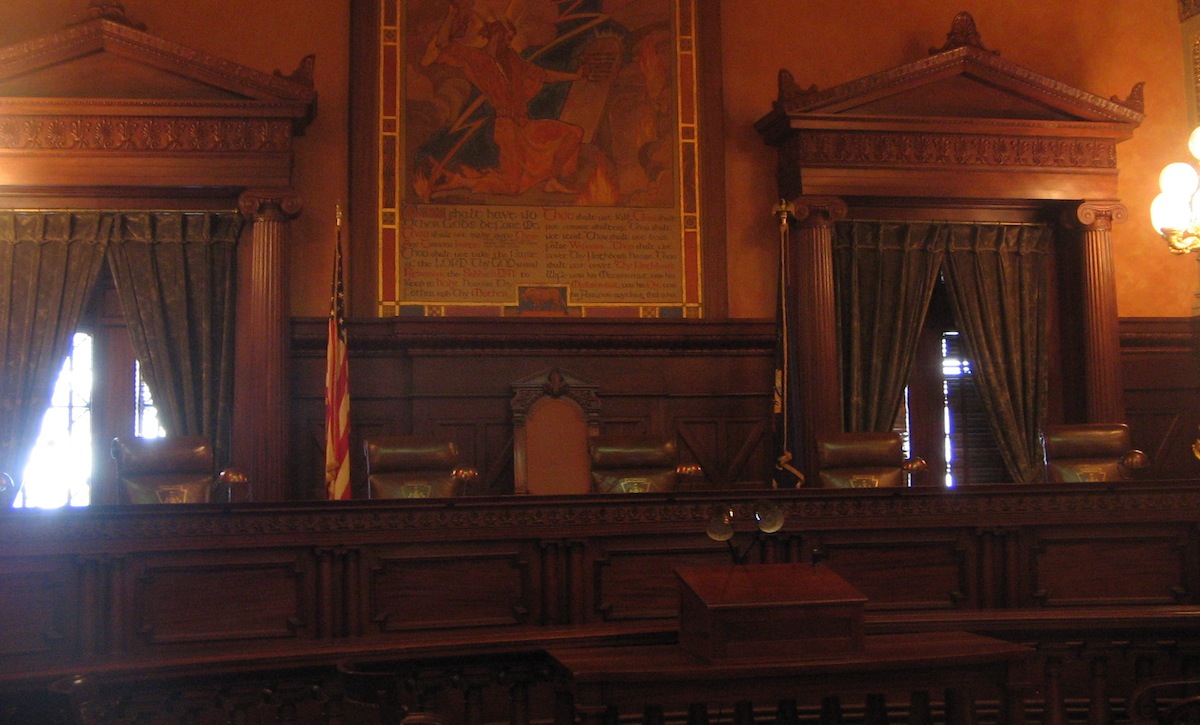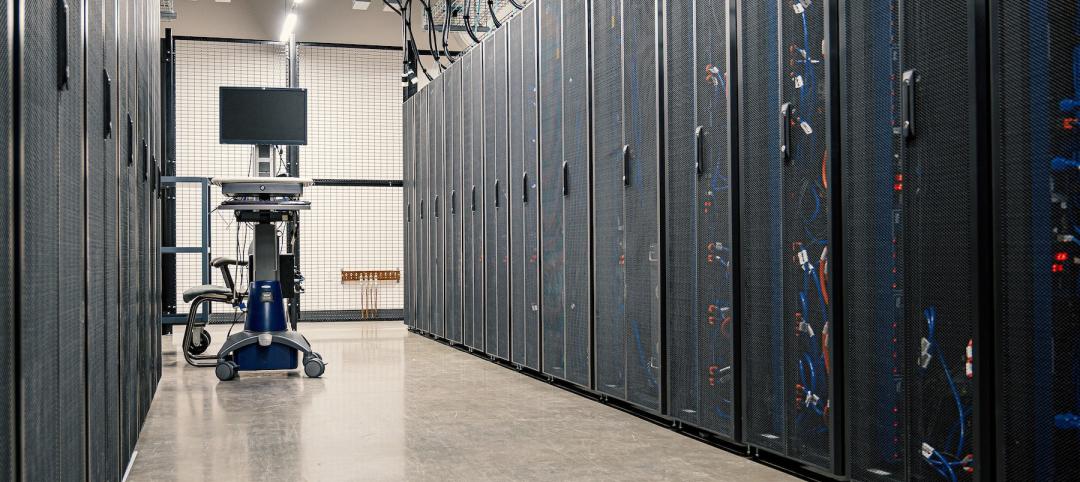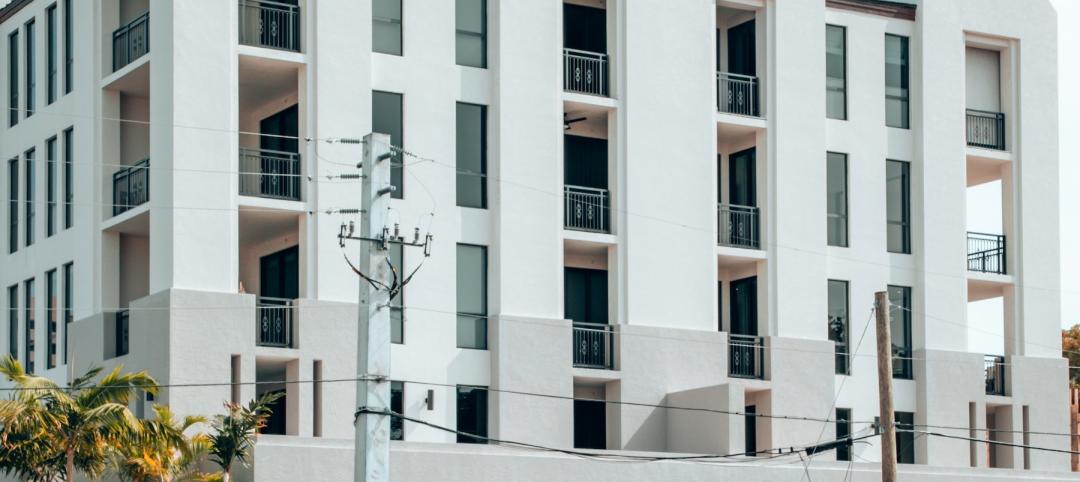A recent ruling by the Pennsylvania Supreme Court puts limits on a state law meant to ensure that contractors and subcontractors receive prompt payment for their work.
The court ruled that the state’s Contractor and Subcontractor Payment Act (CASPA) does not apply to construction projects where the owner is a governmental entity. The case, Clipper Pipe & Service, Inc. v. Ohio Casualty Insurance Co., pertained to the construction of an addition and renovations to the Navy/Marine Corps Reserve Training Center in the Lehigh Valley.
The contractor, Contracting Systems, Inc., failed to pay a subcontractor, Clipper Pipe & Service for performance of mechanical and HVAC work, according to JD Supra Business Advisor. Clipper sued CSI and its surety, asserting claims for breach of contract and violation of CASPA. The claim likely would have allowed it to recover its attorneys’ fees and possibly a statutory penalty if the court had ruled in the subcontractor’s favor.
On public projects, contractors working in Pennsylvania must rely on the Prompt Pay Act (“PPA”), which governs the payment obligations and rights of contractors and subcontractors on public projects. That statute, however, differs from CASPA with different timing provisions for payment, a different rate of interest, and a different burden of proof associated with penalty and attorneys’ fees provisions. Notably, it is also more difficult for a party to recover attorneys’ fees and penalties under the PPA than under CASPA.
Related Stories
Building Team | Nov 7, 2022
U.S. commercial buildings decreased energy use intensity from 2012 to 2018
The recently released 2018 Commercial Buildings Energy Consumption Survey (CBECS) by the U.S. Energy Information Administration found that the total floorspace in commercial buildings has increased but energy consumption has not, compared with the last survey analyzing the landscape in 2012.
Codes and Standards | Nov 2, 2022
New York City construction official wants to boost design-build
The new associate commissioner of alternative delivery in New York City’s Department of Design and Construction aims to encourage more design-build project delivery in the city.
| Nov 1, 2022
Updated Florida building codes helped newer homes withstand Hurricane Ian
Newer homes seemed to fare much better than older structures during Hurricane Ian, suggesting that updated Florida building codes made a difference.
Data Centers | Oct 31, 2022
Data center construction facing record-breaking inflation, delays
Data center construction projects face record-breaking inflation amid delays to materials deliveries and competition for skilled labor, according to research from global professional services company Turner & Townsend.
Energy Efficient Roofing | Oct 28, 2022
Rooftop mini turbines can pair with solar panels
A new type of wind turbine can pair well on roofs with solar panels, offering a double source of green energy generation for buildings.
Codes and Standards | Oct 27, 2022
Florida’s Surfside-inspired safety law puts pressure on condo associations
A Florida law intended to prevent tragedies like the Surfside condominium collapse will place a huge financial burden on condo associations and strain architecture and engineering resources in the state.
Codes and Standards | Oct 26, 2022
‘Landmark study’ offers key recommendations for design-build delivery
The ACEC Research Institute and the University of Colorado Boulder released what the White House called a “landmark study” on the design-build delivery method.
Data Centers | Oct 25, 2022
Virginia county moves to restrict the growth of new server farms
Loudoun County, Va., home to the largest data center cluster in the world known as Data Center Alley, recently took steps to prohibit the growth of new server farms in certain parts of the county.
Transportation & Parking Facilities | Oct 20, 2022
How to comply with NYC Local Law 126 parking garage inspection rules
Effective January 1, 2022, New York City requires garage owners to retain a specially designated professional engineer to conduct an assessment and file a report at least once every six years. Hoffmann Architects + Engineers offers tips and best practices on how to comply with NYC Local Law 126 parking garage inspection rules.
Mixed-Use | Oct 20, 2022
ROI on resilient multifamily construction can be as high as 72%
A new study that measured the economic value of using FORTIFIED Multifamily, a voluntary beyond-code construction and re-roofing method developed by the Insurance Institute for Business & Home Safety (IBHS), found the return can be as high as 72%.

















